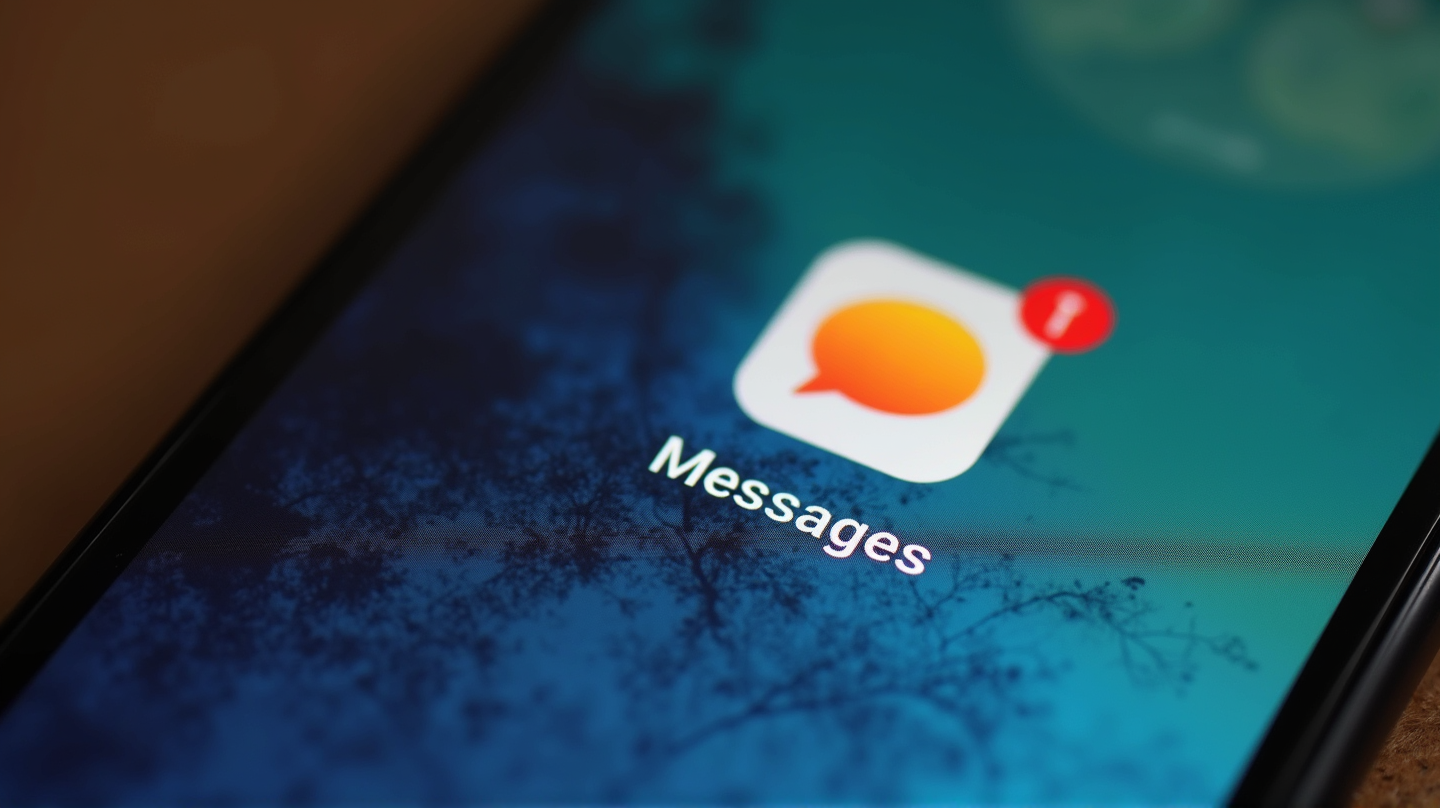In a surprising turn of events, Samsung has decided to retire its proprietary messaging app, widely seen as a competitor to Google’s Messages. This quiet closure has left many users reeling and wondering about the implications for their daily communications. But why did this popular service get shuttered, and what does it mean for Samsung’s vast user base?
The Rise and Fall of Samsung’s Messaging App
Samsung’s venture into the messaging domain was ambitious, given the dominance of Google Messages on Android devices. Known for its robust features tailored specifically for Samsung devices, this app provided a smooth experience for users who were part of the Samsung ecosystem. With unique functionalities and seamless integration across Samsung smartphones, it had carved out a niche for itself. Yet, despite its loyal following, the app couldn’t match the widespread adoption of Google’s counterpart.
Why Samsung Decided to End It
Samsung’s decision to retire the app can be attributed to various factors. Industry insiders suggest that maintaining a separate messaging service was becoming increasingly challenging, especially with the evolving standards of Rich Communication Services (RCS) and interoperability demands. Samsung may have realized the practicality of optimizing user experiences through collaboration rather than competition, making Google Messages the default app for its future devices.
As stated in TechRadar, the transition to Android’s native solutions reflects a broader strategy by the tech giant to focus on core innovations rather than spreading resources thin across multiple in-house apps.
Impact on Users: Mixed Reactions
The retirement of Samsung’s app has led to mixed reactions among users. While some users have embraced the consistency and features of Google Messages, others mourn the loss of their preferred messaging service. Features like Samsung’s custom themes, unique emojis, and device-specific integrations are now lost, leaving a segment of the community dissatisfied.
However, the switch is not without its benefits. Google’s Messages brings along the latest RCS features, ensuring rich media messaging capabilities, end-to-end encryption, and a smoother transition for users communicating across different Android brands.
Transition Tips for Former Users
For those affected, transitioning from Samsung’s app to Google Messages can be smooth if approached correctly. Here are some helpful tips:
- Backup Your Conversations: Before the switch, ensure that all important messages are backed up.
- Familiarize with RCS Features: Google Messages offers features like smart reply and richer media formats.
- Explore New Integrations: Embrace the opportunity to sync your messages across different Android devices more effortlessly.
Future Prospects for Samsung
As Samsung users adapt to this change, the question arises: what is next for Samsung in the messaging realm? While this retirement marks an end, it also signals a new beginning for Samsung’s focus on enhancing user experiences in other areas, likely paving the way for more groundbreaking features in its core smartphone offerings.
Samsung’s decision might not please everyone, but it underscores a strategic shift towards embracing more consistent, globally adopted technologies. For Samsung users, this is a call to adapt and explore new avenues within their beloved ecosystem.
